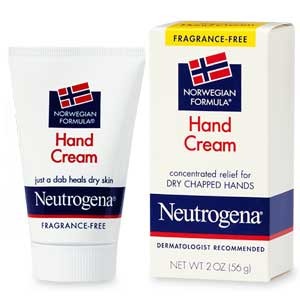They're referring to anhydrous glycerin. If you make a lotion with any water in it, these claims about glycerin being drying are not relevant. I'm sure you can make a lotion that works great without glycerin, though.
That whole article was a crock. Lanolin doesn't absorb water- you can make a lanolin and water emulsion, but it doesn't absorb water.
And the bit about plant oils being "absorbed"- how does that work? Do you gain calories that way? What do they do when they're absorbed? Zilch. All the oils do is provide a sort of barrier that keeps water from evaporating from your hands, much like a chap-stick does for your lips.
The glycerin will draw water to it, but generally from deeper layers of skin, water inside the lotion itself, and the outside air- it won't dry your skin because any moisture it brings up to the surface is replaced via your bloodstream.
Glycerin isn't toxic, and nor will it blister your tongue; it's used all the time in food products. I suppose if you use anhydrous glycerin, like soapbox says, it will, but that's like saying that salt is extremely toxic. Sure, if you eat enough of it. Glycerin's not even synthetic (at least not in the sense that these folks imagine; it's a byproduct of soapmaking/biodiesel making, which is a simple reaction)
Back to the OP though... I tend to use the vaseline intensive care lotion when I do use lotion. It keeps my hands from cracking, and that's about all I worry about.


